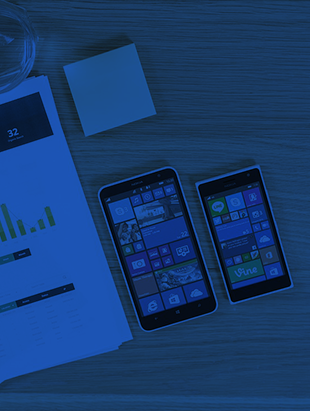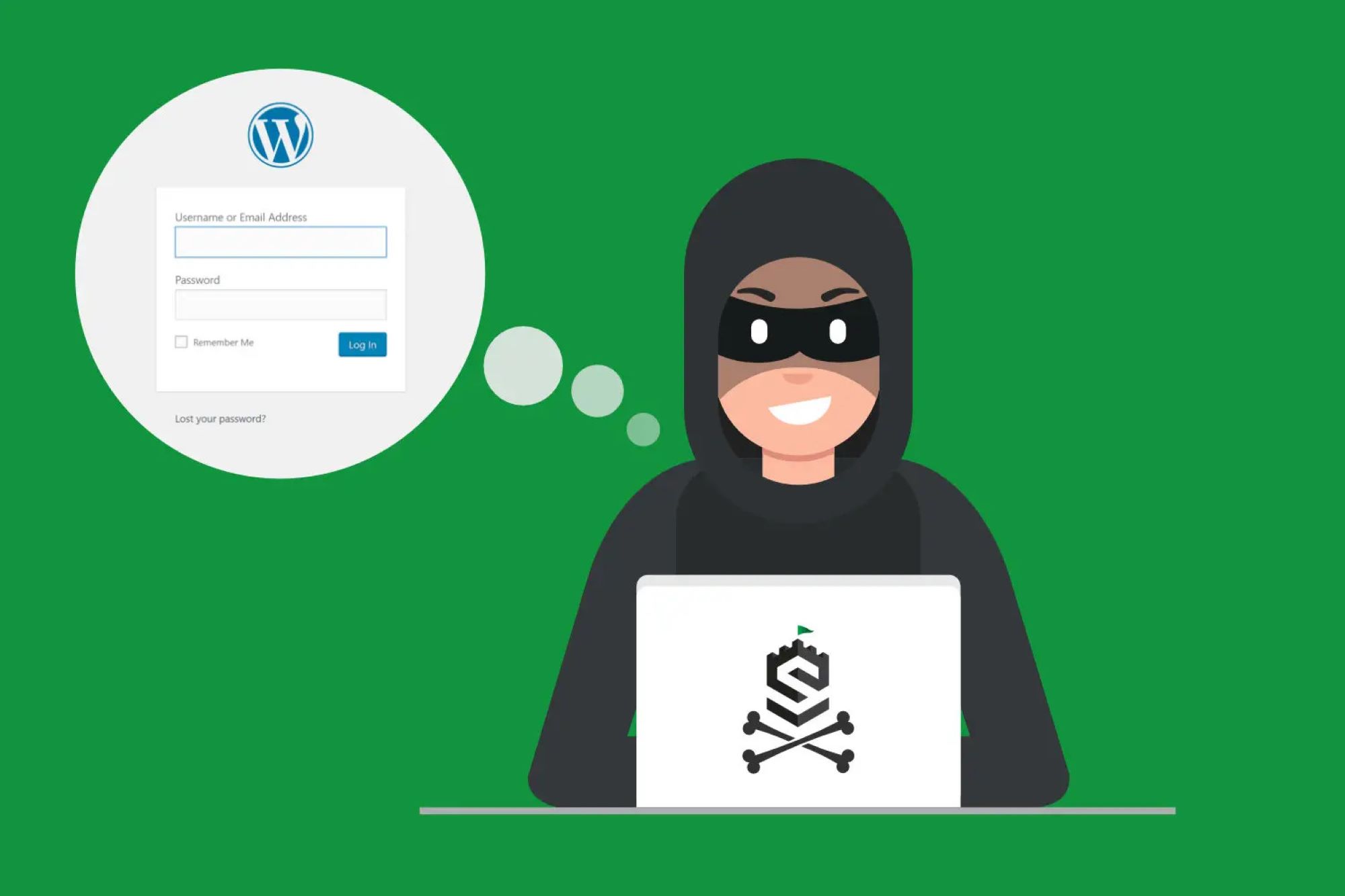WordPress is a widely used and popular content management system (CMS), but like any other software, it is not immune to security vulnerabilities. Here are a few reasons why WordPress may be considered less secure:
Popularity and Attraction to Hackers:
WordPress powers a significant portion of websites on the internet, making it an attractive target for hackers. Its widespread usage increases the potential impact of successful attacks, leading to a perception that WordPress is less secure.
Vulnerabilities in Themes and Plugins:
WordPress offers a vast library of themes and plugins created by third-party developers. While many of these are well-maintained and regularly updated, some may contain vulnerabilities that can be exploited by attackers. It's essential to choose reputable themes and plugins from trusted sources and keep them updated to minimize security risks.
Weak Administrator Passwords:
Weak passwords are a common security issue across various platforms, including WordPress. If website administrators use weak or easily guessable passwords, it becomes easier for attackers to gain unauthorized access to the website.
Outdated Core Software:
Failure to keep the WordPress core software up to date can leave a website vulnerable to known security vulnerabilities. Regular updates released by the WordPress team often include security patches that address identified vulnerabilities. It's important to promptly install these updates to maintain the security of the website.
Lack of Security Best Practices:
Sometimes, website owners and administrators may not follow recommended security best practices. For example, not implementing strong user authentication, not backing up website data regularly, or neglecting to implement security measures like SSL certificates can leave a website more vulnerable to attacks.
Poorly Coded Themes and Plugins:
In some cases, poorly coded or insecure themes and plugins can introduce vulnerabilities into a WordPress website. These vulnerabilities can be exploited by attackers to gain unauthorized access or compromise the website's security.
It's important to note that while WordPress may have security risks, many vulnerabilities can be mitigated or eliminated by following security best practices. This includes keeping the WordPress core, themes, and plugins updated, using strong and unique passwords, using trusted themes and plugins from reputable sources, implementing security plugins or firewalls, regularly backing up website data, and staying informed about the latest security practices.
Ultimately, the security of a WordPress website depends on the actions and practices of website administrators and developers. By adopting security-conscious habits and staying vigilant, it is possible to maintain a secure WordPress website.
Contact Our Team Today







 Previous
Previous